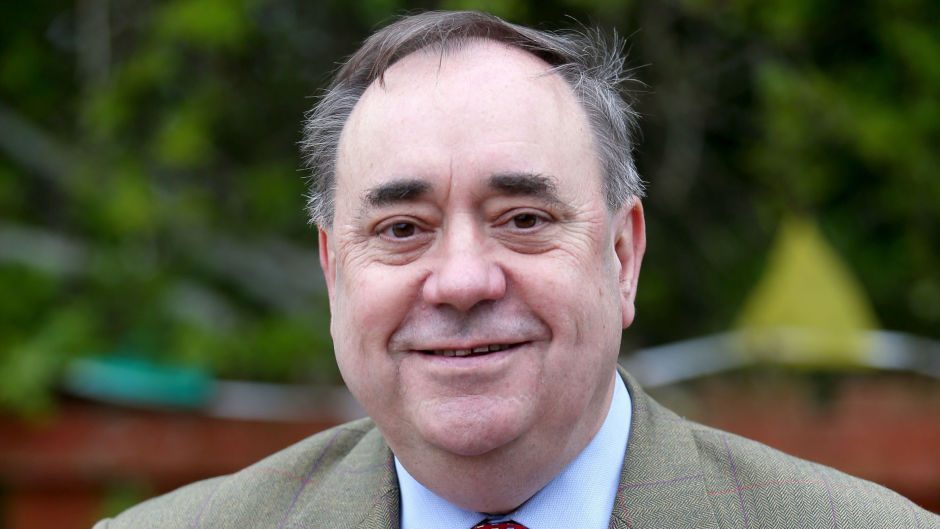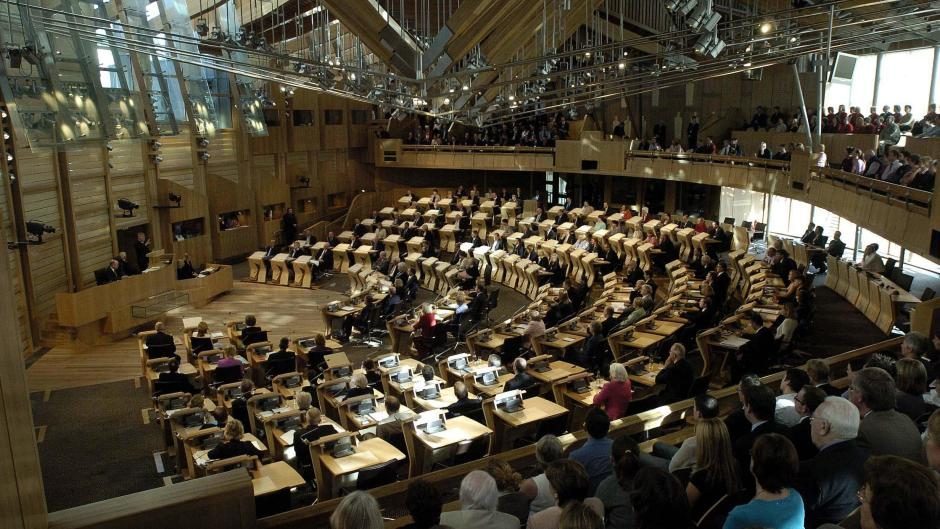The pro-independence vote at next year’s Holyrood election could be split further after a leading separatist blogger revealed plans to create a standalone Wings Over Scotland party are still “under consideration”.
Stuart Campbell, who set up the controversial site in 2011, confirmed the party would likely stand candidates in every region of Scotland and he too would seek to become an MSP under the Scottish Parliament’s Additional Member System.
Mr Campbell said former first minister Alex Salmond would be a “huge asset” to the party and praised his “extraordinary calibre and track record” but admitted the former SNP leader had so far shown no indication of getting involved.
The prospective party would add to a growing list of pro-independence choices at next year’s election, including the Alliance for Independence – spearheaded by former SNP MSP Dave Thompson – and the Independence for Scotland Party (ISP).
The SNP has been predicted to win a landslide victory in 2021 but is likely to pick up just a handful of proportionately elected regional seats because of the voting system.
Some strategists believe a standalone pro-independence party could mop up nationalist support, although there have also been concerns about splitting the vote.
Mr Campbell confirmed he has had no contact with the Alliance for Independence and is not looking to work with any party other than his own. He believes his own large online following could lead to significant success at the ballot box.
“I’ve made no secret of my thinking on this,” Mr Cambell said.
“The reason I think small parties like Rise (which failed to return any candidates in 2016) don’t work, and why I think other people like the ISP will have a difficult time, is that the key problem for small list parties is recognition.
“Outside of the Twittersphere, people have very little idea of what is going on in the margin of politics. And whatever else you think about Wings, we certainly have a recognisable brand.
“We are known by a large percentage of the Scottish population and there are other people who also fit those criteria – the most obvious being Alex Salmond, who may or may not be thinking about things like this himself.
“I think that is the single biggest hurdle that any potential new list party would have to overcome. A recognised brand is one thing I don’t think people can dispute Wings has.”
A poll conducted on behalf of Mr Campbell’s website by Panelbase found 26% of voters would either definitely or probably give their vote to a new Alex Salmond-led list party.
Mr Campbell cautioned the polling data do not explain why some pro-independence voters would consider an SNP alternative but said it was his view it had more to do with policy than “what some people are calling gaming the system”.
“I think it’s partly people just want more pro-independence MSPs but I think, more than that, there is a very considerable groundswell of dissatisfaction with the SNP on a number of levels at the moment.
“People currently have no credible alternative pro-independence party to vote for.”
One of the UK’s top polling experts, Strathclyde University’s Professor Sir John Curtice, warned installing a new list-only party is not a risk-free strategy, and not just because it risks scuppering the “moral authority” of an overall majority.
“It’s what I could call a clever wheeze,” he said.
“Basically you are trying to game the system. The system is set up to try to come up with a result in which the overall outcome is roughly proportional to votes won. This is an attempt to try to game the system to negate that purpose.
“One’s worry about clever wheezes is always that they can look to the average voter as too clever by half.
“I can happily have endless debates about how the system operates but, for the ordinary punter, all you’ve got to say is what they’re trying to do is to gain an advantage which is potentially labelled unfair. You can certainly see how it’s at risk of being portrayed as not necessarily smelling of roses.”
Sir John cautioned any majority shared across two or more parties could also be seized upon in an attempt to prove there was no majority for a single vision of independence.



